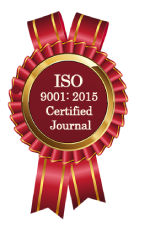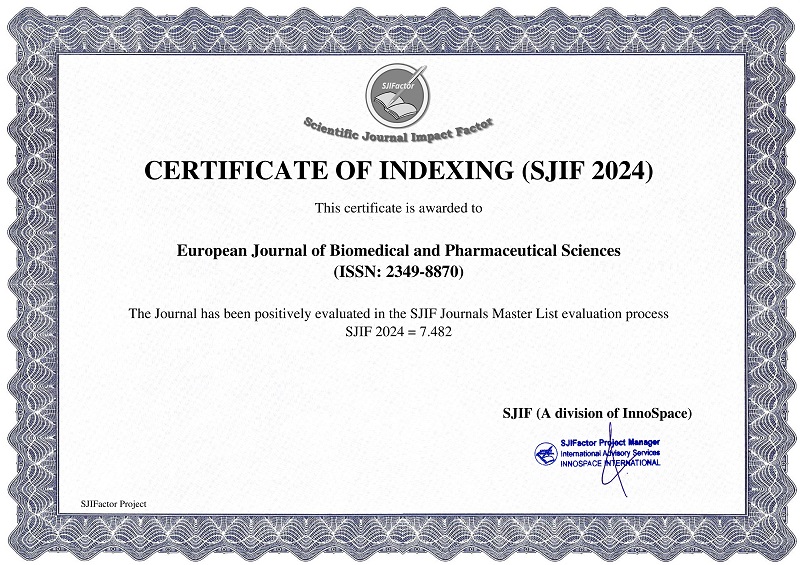A REVIEW ON PHARMACOSOMES: A NOVEL VESICULAR APPROACH FOR ENHANCEMENT OF SOLUBILITY AND PERMEABILITY OF DRUGS.
Abdul Mannan and Iqra Fatima*
ABSTRACT
Novel drug delivery system mainly consents about achieving the targeted concentration to release the drug at targeted site by using carrier system, altering the structure and microenvironment around the drug. Especially drugs which are having narrow therapeutic window are difficult to formulate, with the advantage of novel drug delivery systems like particulate, polymeric carrier, macromolecular and cellular carriers. In vesicular drug delivery system drug binds covalently to the lipid molecule by which the drug release is in a controlled manner and also drugs which are of hydrophilic or lipophilic nature can be delivered by using vesicular drug delivery systems. Both synthetic and natural drugs which are facing difficulties like low solubility and low permeability can be effectively formulated and can achieve required pharmacokinetic and pharmacodynamic parameters. In the arena of solubility enhancement, several problems are encountered. A novel approach based on lipid drug delivery system has evolved, pharmacosomes. Pharmacosomes are colloidal, nanometric size micelles, vesicles or may be in the form of hexagonal assembly of colloidal drug dispersions attached covalently to the phospholipid. Pharmacosomes are prepared by hand shaking method, ether injection, solvent evaporation method, anhydrous co-solvent lyophilyzation, supercritical fluid approach and other alternative methods they are characterized by complex determination, surface morphology, drug entrapment, solubility, drug lipid compatibility, crystal state measurement, dissolution studies and in vitro drug release rate.
Keywords: phospholipid, permeability, drug phospholipid complex, covalent bond, pharmacosomes, preparation, characterization.
[Full Text Article]
[Download Certificate]


 Impact Factor : 8.181
Impact Factor : 8.181 






